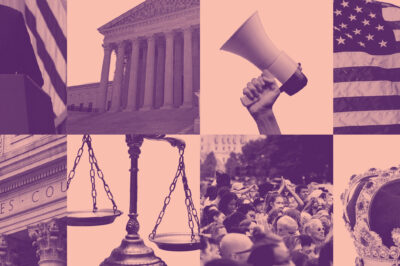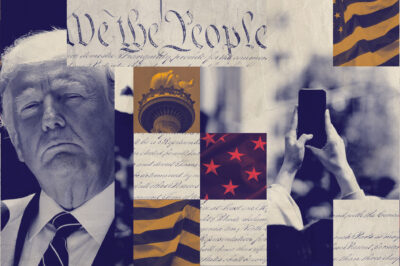Last week, at a congressional hearing on “The State of Religious Liberty in the United States,” Rep. Jim Jordan asked a witness what the biggest threat to religious liberty is today. The response from Colby May, from the American Center for Law and Justice, a frequent opponent in our advocacy and litigation: whether or not religious organizations get special exceptions to laws designed to protect those who need government services. We agree with May that this is a critical issue. Needless to say, though, we take different sides.
He believes that religiously affiliated government contractors deserve special exceptions from these laws. Our take: it’s these very exceptions that are a threat.
For example, religiously affiliated agencies that voluntarily enter into contracts with the state to place foster and adoptive children want a special exception from the law that requires them to make decisions on where to place foster and adoptive children solely on the basis of the safety and well-being of the children.
And, when a religious organization applied for a government contract to provide the full range of essential services to victims of human trafficking, the organization said it would not perform some of the necessary services. The organization wanted both to be awarded the contract and to get permission to not provide the victims with reproductive health care services — even though many trafficking victims experience extreme violence and sexual assault at the hands of their traffickers and need access to these services, including contraception, to lead safe lives, become self-sufficient, and protect themselves and others.
These organizations say that they must have these exceptions in order to protect their religious free exercise. But, our taxpayer dollars go to these organizations to pay for them to do a job — such as caring for women who are victims of trafficking or finding foster homes for children. If these organizations get the special dispensations they want, it means they won’t do the job we pay them to do.
The freedom to practice one’s religion is not the freedom to impose one’s will on others, to tell them what to do, or even to cause them harm. The right to exercise one’s religion is not without bounds under existing law, and it shouldn’t be.
The ACLU has always fought and always will fight to protect the religious liberties of all Americans, but in doing so we must also ensure that the exercise of religious beliefs does not interfere with the rights of others.
Learn more about religious liberty: Sign up for breaking news alerts, follow us on Twitter, and like us on Facebook.



